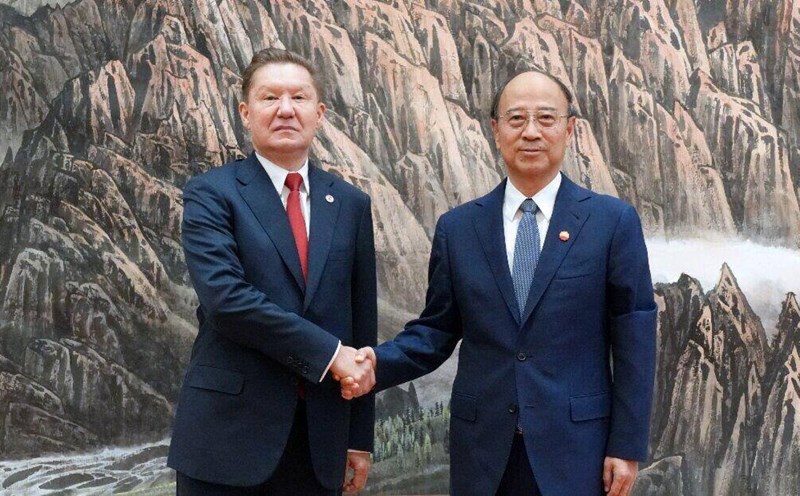Last month, the European Commission proposed a law to stop imports of Russian oil and gas, including a provision requiring member countries to develop national plans, clarifying measures and roadmaps for implementation.
EU governments are currently negotiating the proposal and have asked the Commission to keep those plans confidential.
These plans need to comply with regulations on professional secretion and must not be disclosed without the consent of the relevant member state, the document, drafted by Denmark, which holds the rotating presidency of the EU and leads negotiations between member states, stated.
Also according to this document, the plans of EU member countries should describe expected measures at the national or regional level to reduce demand, promote renewable energy production and ensure alternative supply, as well as point out technical barriers, contracts or legal problems that may make it difficult to diversify energy sources.
Many countries are unlikely to disclose information that could impact gas prices in the market, or reveal sensitive plans related to finding sources to replace Russian oil and gas.
Although countries are still required to submit plans to Brussels, the professional secretion regulation means that the information will not be shared with any other individual or agency.
EU diplomats will discuss the document next week. The talks are still in the early stages and have not yet resolved issues such as potential legal risks for companies violating gas contracts with Russia, according to EU diplomats.
Slovakia and Hungary are still importing Russian gas via pipelines and have opposed a ban on Russian gas. However, the Russian gas ban is designed by Brussels to be legally approved without the consent of the two countries.
However, Slovakia said it would block a new package of EU sanctions against Russia over the conflict in Ukraine if its concerns about gas supplies were not resolved. The new package of sanctions requires the consent of all EU member states.











